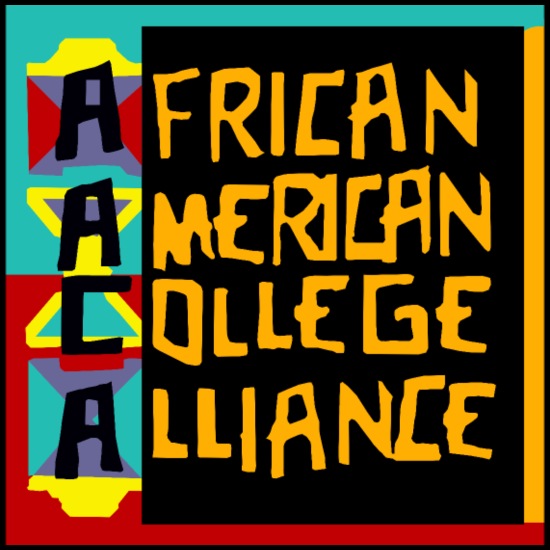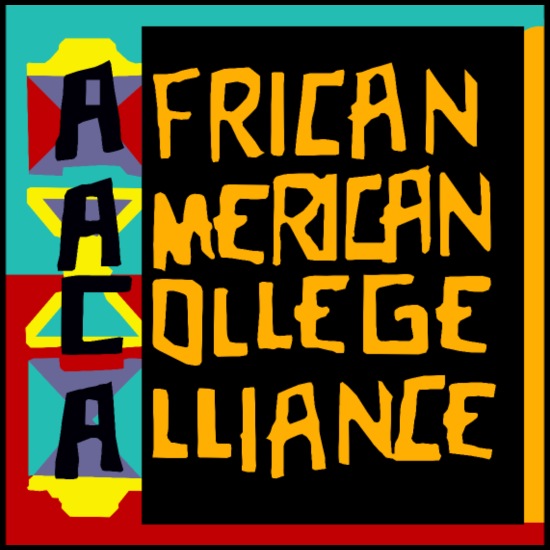
"We know that as individuals we can do nothing. But as a group, we can fight slum housing, institute tutoring programs, help the black youth to a better education, and point out to the community the political power that lies in the black vote"
- Founding AACA member


The Origins of AACA
By the late 1960s, the term "black power" resonated across virtually every college campus and city in the United States. Although this phrase, for many white Americans, evoked ideas of aggressive black militancy and violence, the founders of the African American College Alliance (AACA) at RPI embraced it as a guiding philosophy to achieve their goals. Nick Williams, one of the founding members of AACA, explained that the black power movement at RPI and the then newly formed AACA were necessary because "in many cases, integration has failed in changing the outlook of many whites. The black man has been accepted on an inferior rather than equal basis. Psychologically, this feeling of inferiority has caused the black man to lose his identity. The black man must identify with his people and feel pride in his culture and accomplishments. Black power simply means political, economic, and educational power for the black."
This movement toward racial pride and self-respect inspired black students at RPI, along with those at other colleges in the region, such as SUNY Albany, to form the Tri-City Afro-American Student Alliance during the 1967-1968 school year. Initially, it served as a social outreach initiative for black students in the Tri-State area, but it quickly evolved into a political organization with clear goals and programs. This group became what is now recognized as the RPI African American College Alliance (AACA). The organization presented the RPI administration with a list of proposals aimed at improving the experience of the 17 black students then attending RPI, as well as addressing the challenges faced by the local black community. These proposals included implementing black history programs, ending the negative portrayal of black individuals in campus publications, increasing black student recruitment at RPI, ensuring black students could freely join campus organizations, and hiring more black faculty and staff who could better understand their needs (such as appointing a Black Dean and Recruiter). AACA emphasized that the RPI administration had a moral responsibility to support these initiatives.
For over 30 years, the African American College Alliance has remained dedicated to uplifting the black community at RPI, continuing the legacy it began in its early days.
Mission of AACA
The African American College Alliance (AACA) exists to encourage the participation of all individuals in promoting black cultural, intellectual, and social interests at RPI and within the surrounding community. Above all, the Alliance is committed to:
- Uplifting the political, social, and intellectual consciousness of Black students.
- Advocating for and ensuring the rights of Black students and the broader community.
- Serving as a unifying and guiding force for Black students on campus and in the surrounding areas.

